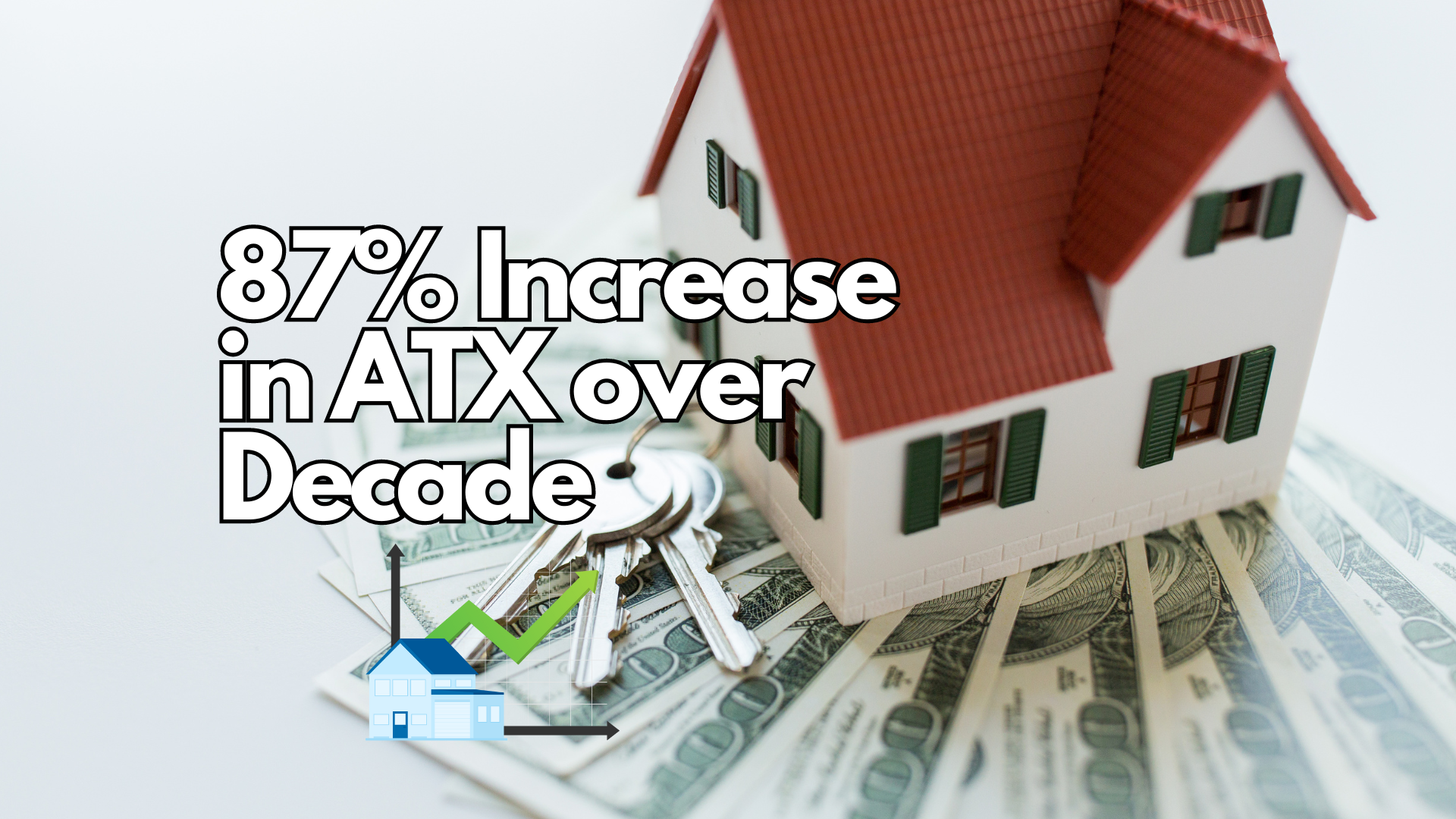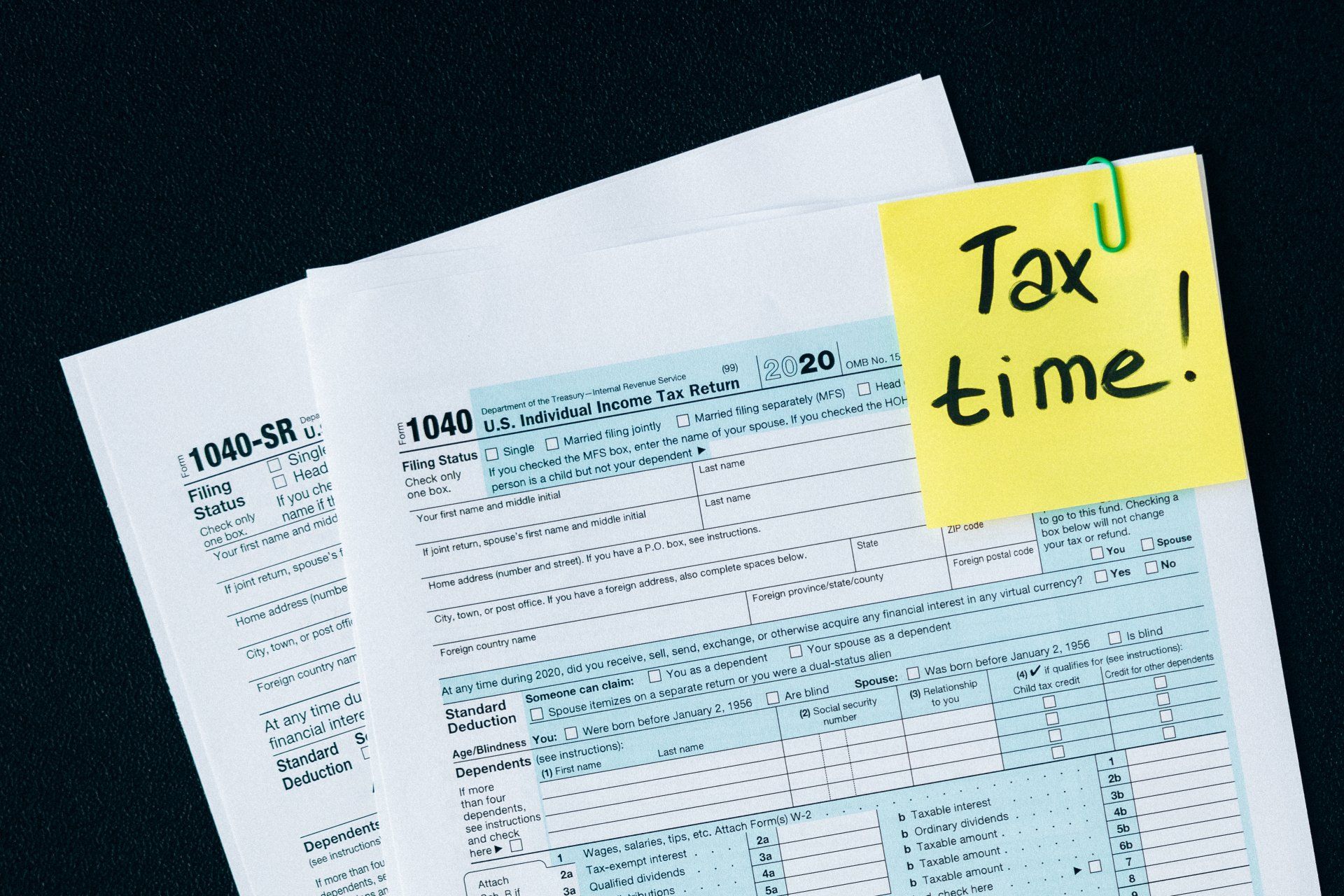Greg Abbot Lowers Property Taxes in Texas Are Texans Seeing Their Tax Cuts
Introduction To Governor Greg Abbott's Historic Property Tax Cut In Texas
In a historic move, Governor Greg Abbott signed into legislation the largest property tax cut in Texas history, marking a significant moment for homeowners and businesses across the state. This unprecedented legislative action aims to alleviate the financial burden on Texans by substantially reducing property tax rates, which have been a pressing concern for many residents. The initiative reflects the state government's commitment to fostering economic growth and enhancing the affordability of living and doing business in Texas.
By implementing these sweeping tax cuts, Governor Abbott's administration seeks to make Texas a more attractive destination for families and entrepreneurs alike, promising an era of enhanced financial freedom and prosperity.
This bold measure not only underscores Texas's reputation as a fiscally responsible state but also sets a precedent for how states can address the pressing issue of property taxes in a way that benefits their citizens directly.
The Scope And Scale Of Texas' Largest Property Tax Reduction
The scope of this tax reduction is vast, touching every corner of the state from bustling urban centers like Houston and Dallas to tranquil rural areas.
It's designed not only to benefit current homeowners but also to entice prospective buyers and investors eyeing Texas' booming real estate market. The scale of savings varies, with substantial cuts providing relief that many Texans will feel directly in their wallets.
This bold fiscal maneuver underscores Texas' commitment to fostering a favorable economic environment through significant tax reform, setting a precedent that could influence future taxation policies nationwide.
Key Components Of The Property Tax Cut Legislation
The property tax cut legislation signed by Governor Abbott marks a pivotal moment in Texas history, embodying the largest reduction of its kind the state has ever seen. Central to this legislative package are several key components designed to alleviate the financial burden on homeowners and reinforce the state's commitment to fostering an affordable living environment. Firstly, it significantly increases the homestead exemption, directly reducing the taxable value of primary residences and thereby lowering homeowners' property tax obligations.
Another cornerstone is the implementation of measures aimed at restricting the growth rate of property taxes for both residential and commercial properties, ensuring a more predictable and manageable fiscal landscape for Texans. Additionally, this legislation introduces enhanced transparency and accountability mechanisms for local taxing entities, empowering taxpayers with greater insight and control over tax rate adjustments. Collectively, these elements form a robust framework intended to provide substantial relief to Texas residents while promoting economic vitality across the state.
The largest property tax cut in Texas history includes BIG savings for Texas small businesses.
— Greg Abbott (@GregAbbott_TX) August 13, 2023
Thanks to a reduction in the Franchise Tax, Texas business owners will see $600 MILLION in savings over the next two years. pic.twitter.com/kStQrqUYap
How The New Law Affects Texas Homeowners And Businesses
The new law signed by Governor Abbott marks a pivotal moment in Texas history, introducing the largest property tax cut the state has ever seen. This groundbreaking legislation is set to have a profound impact on both homeowners and businesses across Texas, offering them substantial financial relief. For homeowners, the law translates into more manageable annual expenses, allowing families to allocate savings towards other essential needs or investments.
The reduction in property taxes can significantly lower the cost of home ownership, making the dream of owning a home more attainable for many Texans.
Businesses stand to benefit as well, as lower property taxes can lead to decreased operational costs. This could potentially result in increased investment in business growth and expansion, leading to job creation and a boost in the local economy. Furthermore, with Texas becoming an even more attractive location for businesses due to these tax cuts, there's potential for an influx of new companies setting up shop in the state.
Overall, this landmark legislation not only promises immediate financial relief but also aims at fostering long-term economic growth and stability for Texas residents and entrepreneurs alike.
Comparison of Texas Property Taxes: Before And After The Legislation
Before Governor Abbott signed the largest property tax cut in Texas history, the state was known for having some of the highest property tax rates in the United States, despite not imposing a state income tax.
By implementing substantial reductions and adjustments to how property taxes are calculated, this move aims to alleviate the financial pressure on Texas residents. Although it's too early to measure the full impact of these cuts, preliminary assessments suggest a notable decrease in the overall tax burden for many property owners.
The legislation is seen as a strategic effort to make Texas more appealing for homeownership and investment by addressing one of its most criticized fiscal policies.
However, it's important to note that while these changes represent significant progress, whether Texas becomes cheaper in terms of property taxes compared to other states will depend on various factors including local government decisions and future state budgets.
Are Property Taxes Now Cheaper In Texas Compared To Other States?
Following Governor Abbott's historic signing of the largest property tax cut in Texas history, questions arise regarding Texas's standing on the property tax scale in comparison to other states.
Preliminary assessments suggest that while this cut propels Texas towards a more competitive position, it may not catapult it to the lowest ranks nationwide due to these complexities. Nonetheless, for Texans, this move marks a substantial relief and could influence future decisions for potential homeowners evaluating the cost of living across different states.
Potential Impact On Public Services Funded By Property Taxes
The signing of the largest property tax cut in Texas history by Governor Abbott, while providing immediate financial relief to property owners, raises questions about the potential impact on public services traditionally funded by property taxes.
A significant reduction in property tax revenue could necessitate budget adjustments or cuts in these areas unless alternative funding sources are identified or existing ones are increased.
Moreover, while the intent is to make living in Texas more affordable through lower property taxes, there could be long-term implications for the quality and availability of public services that rely on this funding. The balance between providing tax relief and maintaining high-quality public services will be pivotal. Policymakers may need to explore innovative funding mechanisms or efficiency improvements within public service delivery to mitigate any negative impacts stemming from reduced property tax revenues.
Reactions And Responses:
What Texans Think About The Tax Cuts!!
The reactions and responses to Governor Abbott's signing of the largest property tax cut in Texas history have been mixed, reflecting a wide range of perspectives across the state.
- A large number of Texans view Governor Abbot's property tax cut as a positive move, primarily homeowners who have been coping with rising property taxes.
- Mainly, middle-class families and first-time homebuyers perceive this legislative change as making homeownership more affordable and accessible.
- There is skepticism and concerns about how these tax cuts will impact public services that heavily rely on property tax revenues, including local schools, emergency services, and infrastructure projects.
- There is apprehension about potential budget deficits that may lead to cuts in critical services or changes in funding sources, affecting the quality of life in some communities.
- Despite enthusiasm about lower property taxes potentially providing financial relief for many Texans, there is still worry about the long-term effects on state-funded services and community resources.
There's an underlying anxiety about potential budget shortfalls and whether this might lead to cuts in essential services or shifts in funding sources that could affect the quality of life in some communities. Overall, while there is enthusiasm about the prospect of lower property taxes contributing to financial relief for many Texans, there remains apprehension about long-term implications for state-funded services and community resources.
Looking Ahead: The Future Of Property Taxes In Texas
Looking ahead, the future of property taxes in Texas appears to be on a trajectory of significant transformation. Governor Abbott's signing of the largest property tax cut in Texas history marks a pivotal moment that not only underscores the state's commitment to alleviating the financial burdens on homeowners but also sets a precedent for future legislative actions. This monumental move could potentially catalyze further reforms aimed at making property taxes more manageable for Texans.
However, as the state grapples with rapid population growth and escalating housing costs, it faces the challenge of balancing tax relief with the need to fund essential public services such as education, infrastructure, and public safety. The outcome of this balancing act will likely influence whether Texas can sustain its reputation for having relatively lower property taxes compared to other states.
As policymakers and stakeholders navigate these complex dynamics, ongoing dialogue and innovative solutions will be crucial in shaping a fair and sustainable property tax system in Texas.
Contact Us















